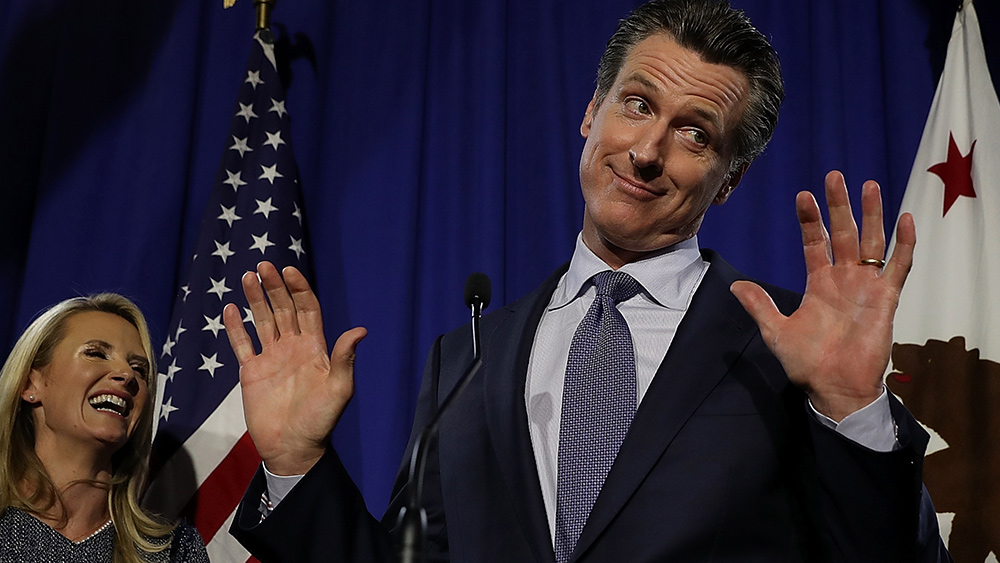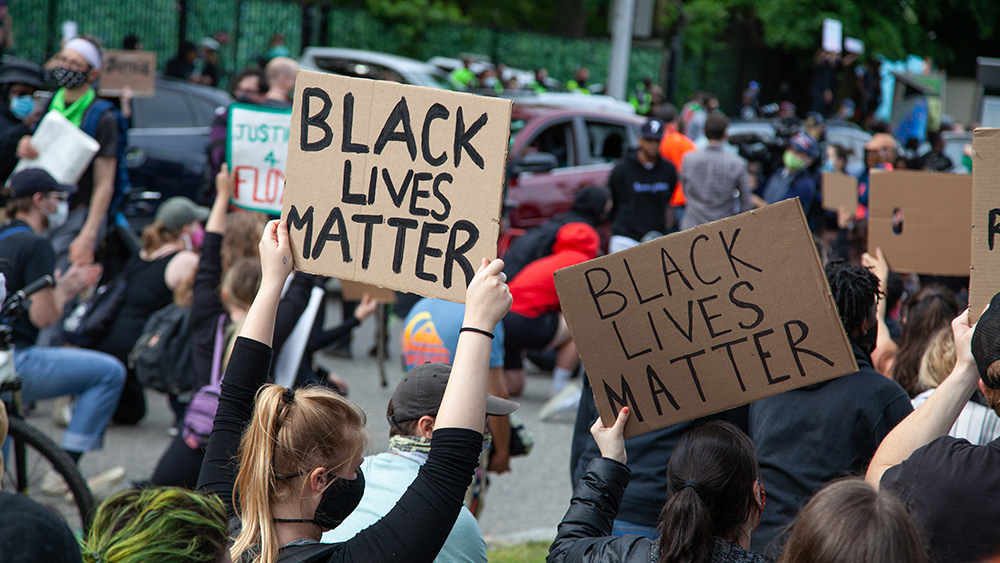 Parler
Parler Gab
Gab
"For too long, universities have concluded, wrongly, that the touchstone of an individual's identity is not challenges-bested, skills built, or lessons learned but the color of their skin. Our constitutional history does not tolerate that choice," Roberts wrote. Instead, he said, admissions could consider an applicant's discussion of how race affected his or her life, be it through discrimination, inspiration, or otherwise. AMA released a statement on the same day of the SCOTUS decision: "Today's decision by the U.S. Supreme Court undermines decades of progress centered on the educational value of diversity and will reverse gains made in the battle against health inequities." It pointed out that the SCOTUS ruling restricts medical schools from considering race and ethnicity among the multiple factors in admissions policies and will translate into a less diverse physician workforce. According to the org, the ruling is a serious blow to increasing medical career opportunities for "historically marginalized and minoritized people." Moreover, ACEP DIE (diversity, inclusion, and equity) Chair Dr. Ugo Ugoezenkwele, published a response to the ruling as an official statement of the organization titled "Joint Statement from Emergency Medicine Organizations on Efforts to Diversify Health Care Professionals in the United States." "Following the recent U.S. Supreme Court decisions on the consideration of an applicant's racial or ethnic background in the higher education admissions process, our emergency medicine organizations stand together in our efforts to diversify healthcare professionals, including physicians, in the United States. Additionally, we reaffirm our responsibility to address healthcare disparities and inequities as we deliver exceptional care to all patients who enter our emergency departments. "If the court's decisions in Students for Fair Admissions (SFFA) vs Harvard University and SFFA vs the University of North Carolina require changes to current law and practices, we stand ready to work together and with other stakeholders to foster a diverse health professions workforce."By a vote of 6-3, the Supreme Court just ruled that university admissions programs that use affirmative action and other race-based admissions criteria are unconstitutional and violate the 14th Amendment. Roberts wrote the opinion. https://t.co/k5ZBSlUh12 pic.twitter.com/Yf5ReefNVY
— Sean Davis (@seanmdav) June 29, 2023
SC ruling: POLITICAL or for the benefit of the MEDICAL field?
Digging deeper into this current national concern, critics are seeing something hidden deep beneath the Left's protests. The SCOTUS ruling started when Asian Americans protested being denied placement in academic institutions due to the color of their skin. Actually, it was because they had too much merit (too high scores/grades) and exceeded the quotas for Asians allocated by admissions boards. "Do ACEP and its policy bodies then agree with discrimination against Asian Americans and agree with denying them entrance to institutions of higher learning? This means ACEP is joining together with the AMA and other medical organizations to be not only anti-white but also anti-Asian. If this is the case, then ACEP is not exactly being inclusive, as the statement claims," a blog post on the American Thinker by Dr. John Hughes pointed out. According to Hughes, Asians represent only six percent of the American population but account for 27 percent of medical students. Apparently, ACEP thinks there are too many Asian medical students and doctors and they are the ones inhibiting diversity. In fact, the group's moderator blocked discussion of the SCOTUS ruling being brought by Asian students, unwittingly directing to ACEP's political beliefs and bias against whites and Asians in doing so. Hughes also said that the medical organization's protest against the SCOTUS decision is not actually about promoting diversity in the medical field, it is actually political. "It is arrogant for anyone to claim to speak for everyone else. I could only guess that most, if not all ACEP members want the best for all Americans, regardless of race, sex, or other demographic," the doctor commented, stressing that affirmative action is not the only way to achieve "equality." However, these medical groups are assuming that their pathway is the only acceptable one. "The ongoing debate of equity versus equality as the means to achieve success for all, unfortunately, falls largely along political lines, with the left favoring affirmative action, quotas, and manipulating admissions standards to achieve equity," he said, emphasizing that the right generally favors hard work, merit, and a level playing field to achieve "equality." And that is where it becomes political, he said, just like in the debates on climate change, abortions, reproductive health, gun control, and many other issues. Bookmark CultureWars.news for stories similar to this.Sources for this article include:
S.WSJ.net AMA-Assn.org ACEP.org AmericanThinker.comDemocrats criminalize political dissent to preempt potential 2024 election challengers
By Belle Carter // Share
By News Editors // Share
Biden approves $345 million weapons package to Taiwan to support the island against Chinese invasion
By Laura Harris // Share
Governments continue to obscure COVID-19 vaccine data amid rising concerns over excess deaths
By patricklewis // Share
Tech giant Microsoft backs EXTINCTION with its support of carbon capture programs
By ramontomeydw // Share
Germany to resume arms exports to Israel despite repeated ceasefire violations
By isabelle // Share










